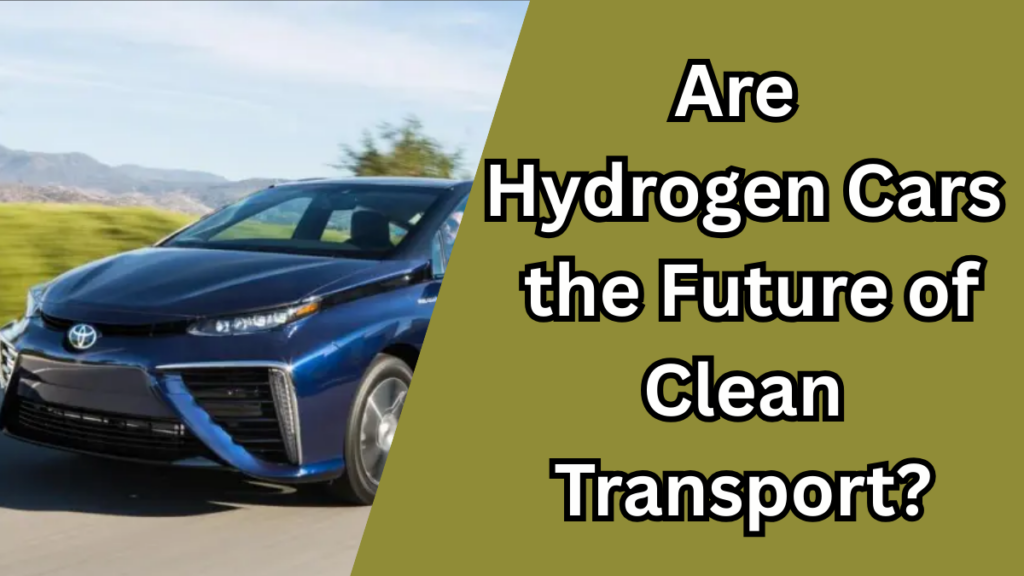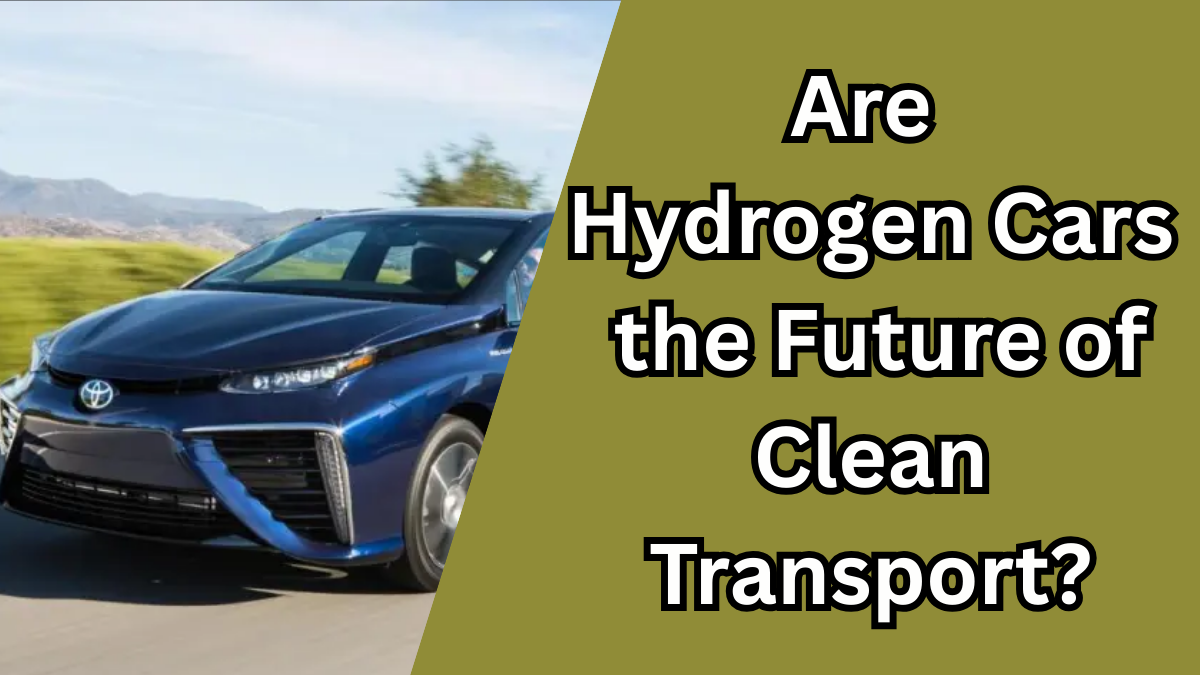As the world races toward a greener tomorrow, India too is accelerating its efforts to adopt sustainable mobility solutions. While electric vehicles have taken the spotlight, another clean energy alternative is quietly gaining traction — hydrogen fuel vehicles. With ambitious targets and growing investments, hydrogen cars in India 2025 might just be the breakthrough we’ve all been waiting for.
Let’s dive into how green hydrogen cars are reshaping the narrative of future transport in India.

What Are Hydrogen Fuel Vehicles?
Hydrogen fuel vehicles (also called fuel cell vehicles or FCVs) use hydrogen gas to generate electricity, powering an electric motor. Unlike traditional petrol or diesel cars, the only byproduct is water vapor — making them one of the cleanest transport options available.
Key Features of Hydrogen Cars:
-
Zero tailpipe emissions (only water is emitted)
-
Faster refueling compared to EVs (3–5 minutes)
-
Longer driving range (comparable to petrol/diesel cars)
-
Quiet, smooth driving experience
India’s Progress in Hydrogen Mobility
India is gearing up for a hydrogen-powered future. The government has rolled out several initiatives to promote hydrogen fuel vehicles in India 2025, and both public and private sectors are showing strong interest.
| Initiative/Project | Details |
|---|---|
| National Green Hydrogen Mission | ₹19,744 crore allocated to boost hydrogen production and infrastructure |
| NTPC & IOCL Pilots | Hydrogen buses and fueling stations launched in cities like Delhi and Leh |
| Indian Oil + Toyota Partnership | Testing of hydrogen-powered Mirai cars under pilot projects |
| Green Hydrogen Corridors | Proposed for industrial and mobility use in key regions |
Hydrogen Cars vs. Electric Vehicles
While both hydrogen and electric vehicles aim for zero-emission mobility, their differences make them suitable for different use cases.
| Feature | Hydrogen Cars | Electric Vehicles |
|---|---|---|
| Refueling Time | 3–5 minutes | 30–60 minutes (fast charging) |
| Range | 500–700 km | 200–400 km |
| Emissions | Water vapor only | Zero tailpipe emissions |
| Infrastructure | Limited, in development | Rapidly growing |
| Best For | Long-distance, heavy-duty transport | Urban, personal commuting |
Key Insight:
In India’s future transport landscape, hydrogen cars could become vital for commercial and long-range travel, while EVs may remain dominant for city rides.
Major Players Driving Hydrogen Adoption in India
Several automakers and energy giants are betting big on green hydrogen cars and infrastructure.
-
Toyota – Piloting hydrogen-powered Mirai in India
-
Hyundai – Plans to introduce NEXO FCV in the Indian market
-
Ashok Leyland – Developing hydrogen trucks and buses
-
Indian Oil Corporation – Establishing hydrogen fueling stations
-
NTPC – Testing hydrogen buses in public transport systems
Challenges in Widespread Hydrogen Adoption
While hydrogen cars offer immense promise, several roadblocks need attention:
-
High vehicle costs due to advanced technology
-
Limited refueling infrastructure
-
Storage and transport complexities for hydrogen gas
-
Low public awareness about hydrogen as a fuel
Why Hydrogen Cars Matter for India’s Clean Energy Future
India is one of the world’s largest transport markets, and its growing carbon footprint demands urgent solutions. Hydrogen vehicles could:
-
Reduce oil imports
-
Support energy diversification
-
Cut urban air pollution
-
Enable future transport in India that’s truly sustainable
FAQs
1. Are hydrogen fuel vehicles available in India in 2025?
Yes, pilot projects are already underway with vehicles like the Toyota Mirai, and more models are expected to launch as part of clean transport initiatives.
2. How are green hydrogen cars different from EVs?
Green hydrogen cars use hydrogen fuel cells to generate electricity, while EVs store electricity in batteries. Hydrogen cars offer faster refueling and longer range.
3. Is hydrogen a safe fuel for cars?
Yes, when handled correctly, hydrogen is as safe as petrol or diesel. Vehicles are designed with advanced safety systems to prevent leaks or explosions.
4. Will hydrogen fuel vehicles replace electric cars in India?
Not entirely. They will likely complement EVs, especially for commercial, heavy-duty, and long-distance transport — forming a balanced mix in India’s clean mobility future.
Final Thoughts
While electric cars are currently more visible, hydrogen fuel vehicles in India 2025 represent a powerful addition to the clean transport ecosystem. With government support, infrastructure development, and industry collaboration, green hydrogen cars could become the backbone of future transport in India.
Click here to learn more
